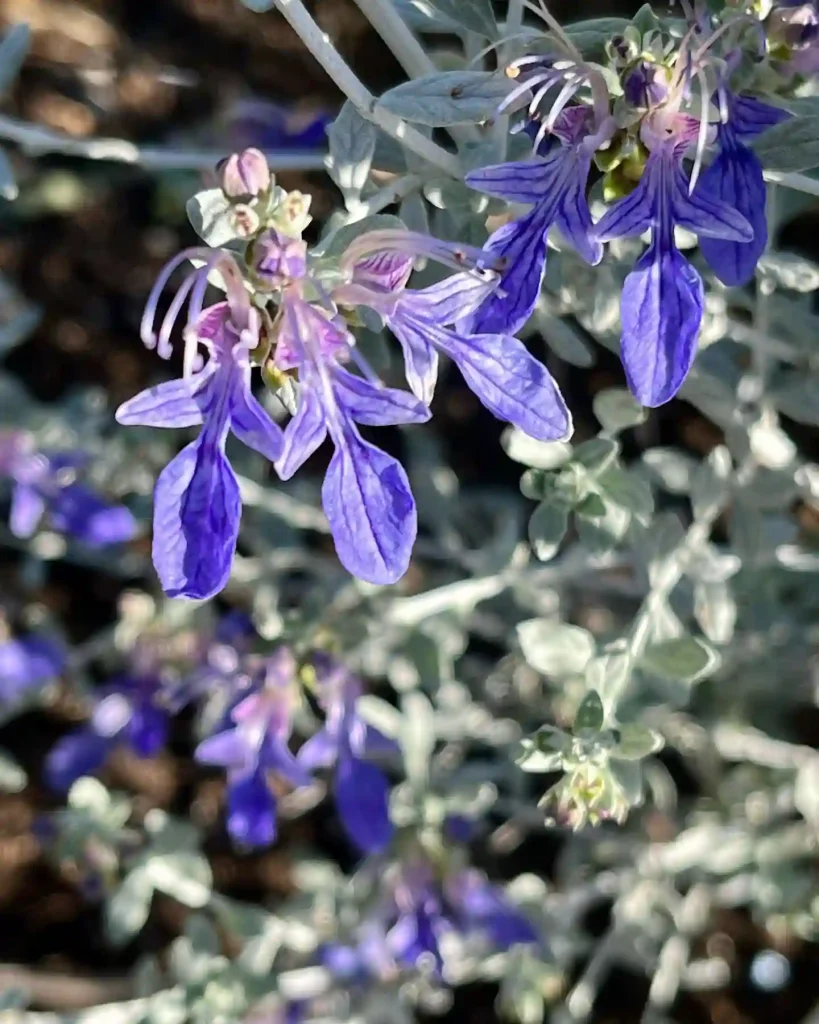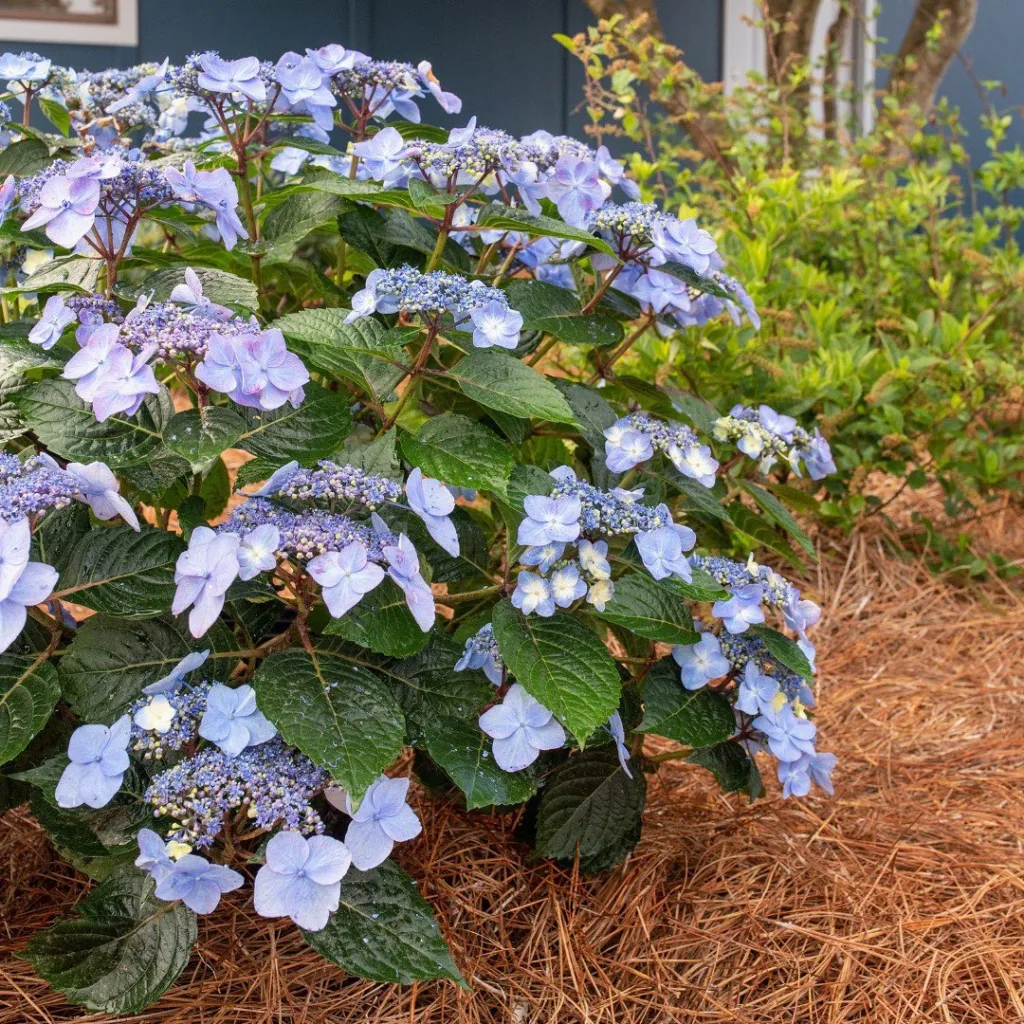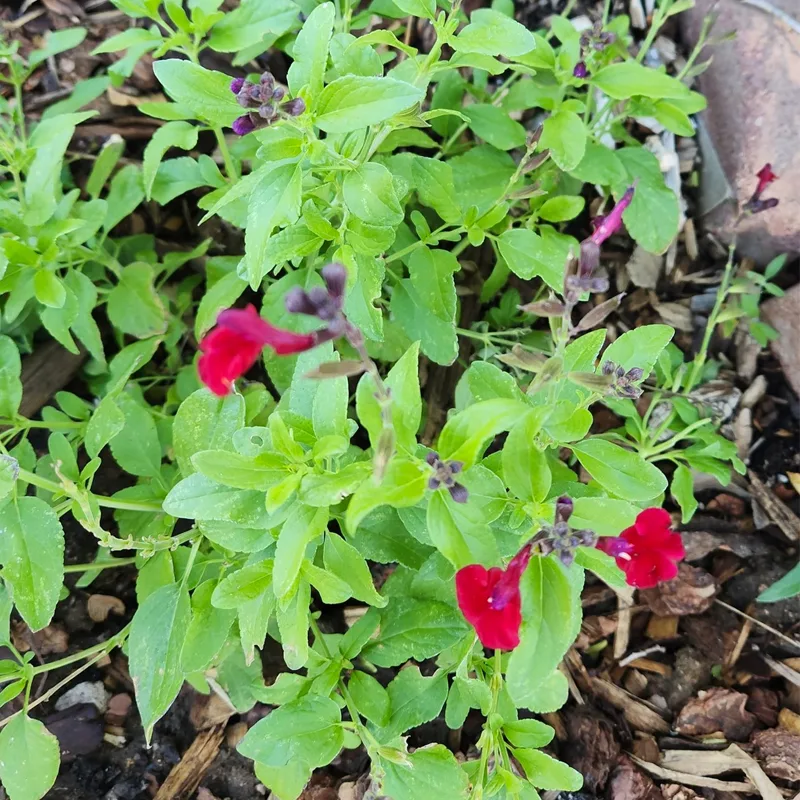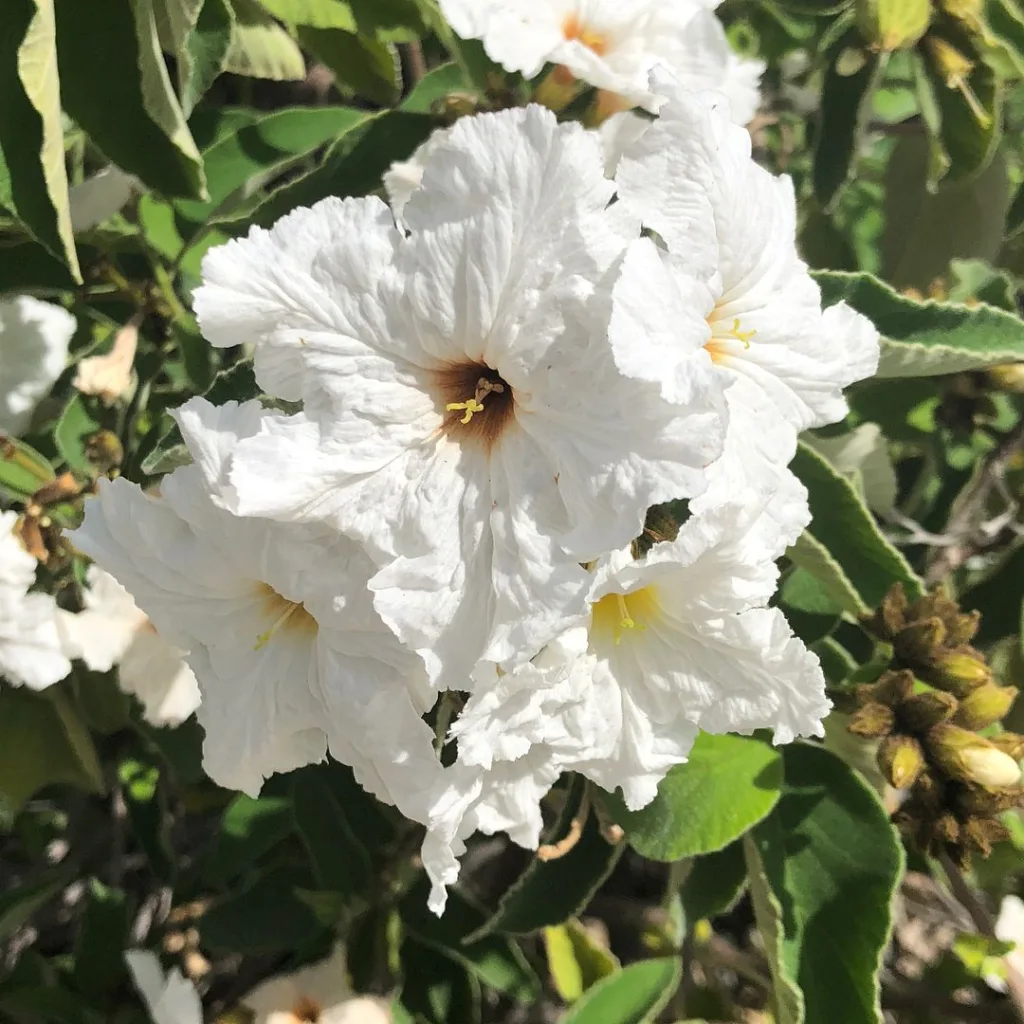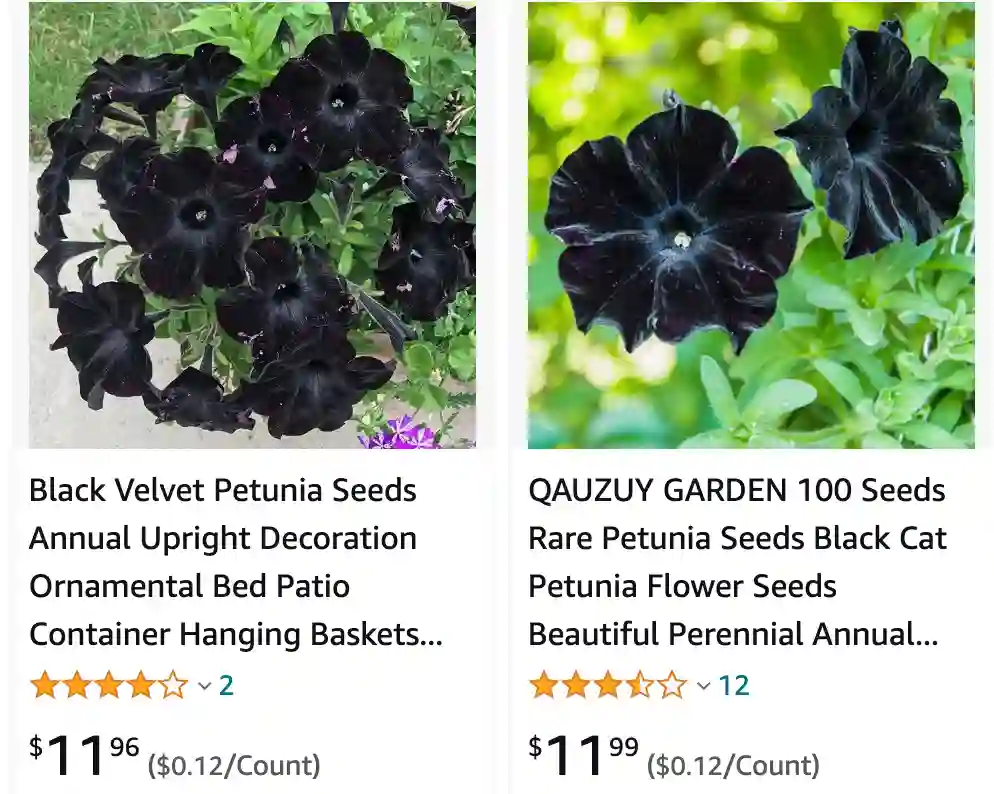
Are there black petunias?
Yes, black petunias do exist! They aren’t truly black, but a very deep purple that appears black in most lighting conditions. They are a relatively new variety called ‘Black Velvet’ petunia.
17 Species in Genus Petunia
Where to buy black petunias?
Here are some places you can try to find black petunias:
- Local nurseries and garden centers: Many nurseries and garden centers carry petunias, and some may have the black velvet variety. Call ahead to check their stock before you go.
- Online retailers: Many online retailers sell black petunia seeds and plants. Be sure to order from a reputable seller with good reviews.
Are black petunias perennials?
Black petunias are not perennials. They are typically grown as annuals, meaning they will complete their life cycle in one growing season.
Are black petunias rare?
Black petunias aren’t super rare, but they may be less common than some other petunia varieties. This is especially true early in the growing season.
How to care for black petunias?
Caring for black petunias is similar to caring for other petunias:
- Light: They need at least 6-8 hours of direct sunlight per day.
- Water: Water them regularly, especially during hot weather. The soil should be moist but not soggy.
- Soil: Well-draining potting mix is essential.
- Fertilizer: Fertilize them every few weeks during the growing season with a balanced fertilizer diluted to half strength.
What to plant with black petunias?
Here are some ideas for what to plant with black petunias:
- Light-colored flowers: White, yellow, or light pink flowers will provide a nice contrast to the dark blooms of the black petunias. Some good options include alyssum, marigolds, and cosmos.
- Silver foliage: Silver foliage can help to brighten up a container planting with black petunias. Some good options include dusty miller, lamb’s ear, and lavender.
- Chartreuse foliage: Chartreuse foliage, which is a yellow-green color, can also look nice with black petunias. A good option is chartreuse euphorbia.
Can black petunias grow in Kansas?
Black petunias will grow in Kansas as long as they are planted in a sunny location and receive proper care. The summers in Kansas can be hot, so be sure to water them regularly and deadhead them spent flowers to encourage continued blooming.
Do hummingbirds like black petunias?
Hummingbirds are attracted to brightly colored flowers, and black petunias, while dark, can still be attractive to them. You can also help attract hummingbirds by planting other flowers that they like, such as red, orange, and purple flowers.
How to use black petunias?
Here are some ideas for how to use black petunias in your garden:
- In hanging baskets: Black petunias look stunning in hanging baskets, where their trailing vines can cascade down.
- In containers: Plant black petunias in pots or containers to add drama and interest to your patio or deck.
- In borders: Black petunias can be used as edging plants in flower borders.
What do black petunias represent?
Black petunias don’t have any specific symbolic meaning, but their dark color can be seen as sophisticated or mysterious.
Which black petunia trails the best?
There isn’t a single black petunia variety that trails the best. However, all petunia varieties will eventually trail if they are allowed to grow long enough. If you want a petunia that trails well from the beginning, look for a variety that is labeled as a “trailing petunia.”
Will black petunias seeds return as black?
Seeds from black petunias won’t necessarily return as black. The deep purple color of black petunias is a result of complex genetics and may not be stable in seeds. If you want black petunias, it’s best to buy new plants or seeds each year.
If i die, water my plants!
